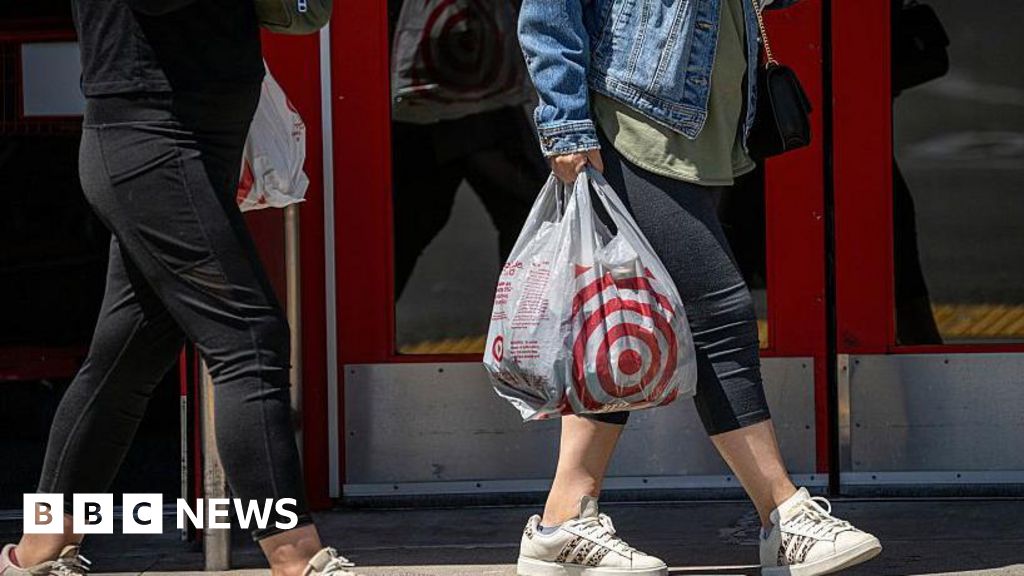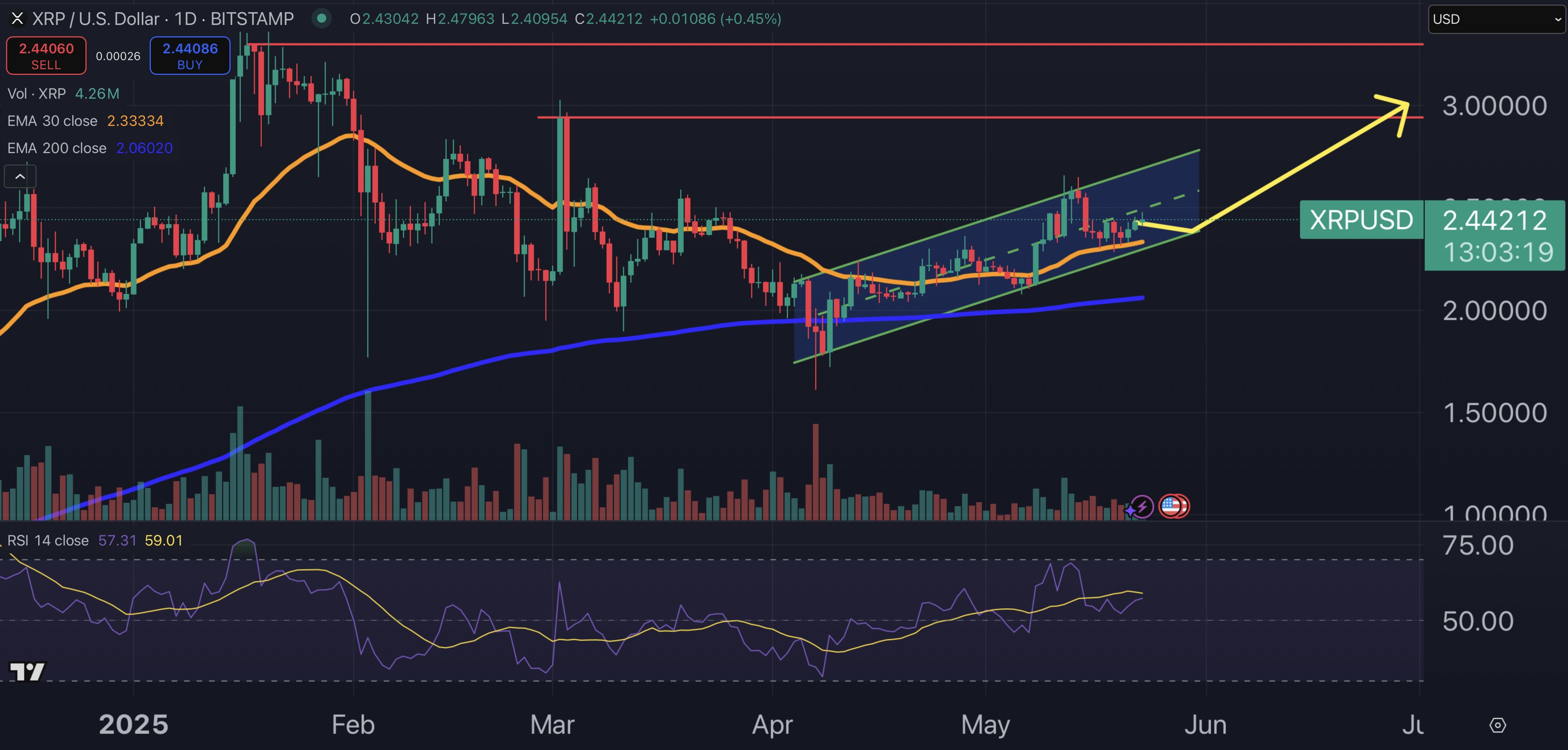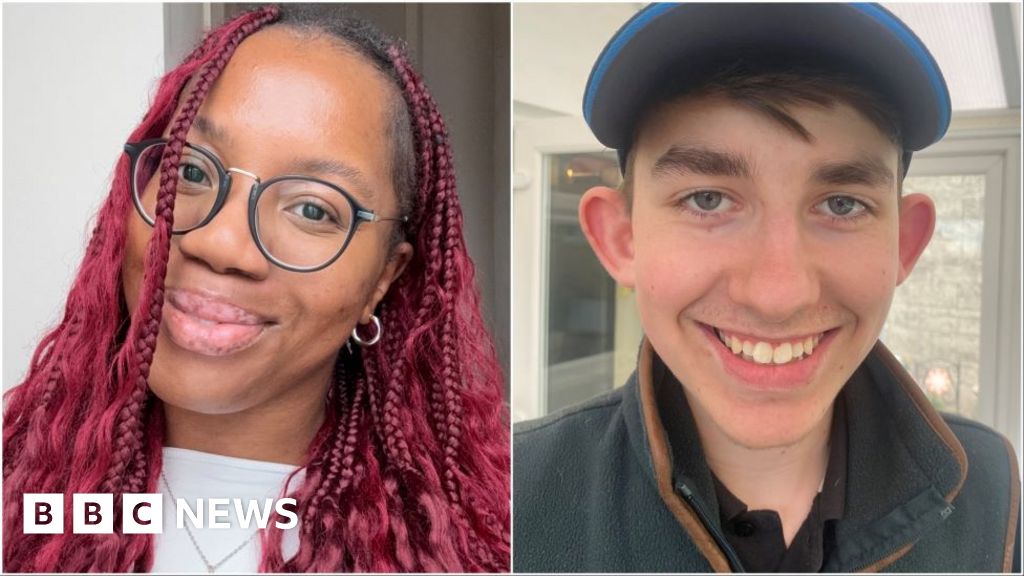Unlock the Editor’s Digest for free
Roula Khalaf, Editor of the FT, selects her favourite stories in this weekly newsletter.
US president Joe Biden has called for a “pause” in fighting between Israel and Hamas in order to help free hostages held in Gaza, as the Israeli military stepped up its ground offensive in the blockaded enclave.
Speaking at an event in Minnesota on Wednesday, Biden was interrupted by a member of the audience who urged him to back a ceasefire in the Middle Eastern conflict. “I think we need a pause,” the president said. “A pause means give time to get the prisoners out.”
Biden’s comments did not represent a call for a full ceasefire, which the White House has resisted since the war between Israel and Hamas began three weeks ago. But US officials have said in recent days they would consider supporting a temporary halt in hostilities if it were limited to helping humanitarian efforts.
The Israel Defense Forces overnight struck the crowded Jabalia refugee camp again, saying it had targeted a high-ranking Hamas commander there. Palestinian health authorities said the two strikes on the camp in northern Gaza this week had killed almost 200 people.
The Israeli ground offensive is pushing further south into Gaza City, the enclave’s largest population centre and the centre of Hamas’s political and military power. Israeli forces have dropped about “10,000 munitions” on the city itself, said defence minister Yoav Gallant. “We are at the gates of Gaza City,” Brigadier General Itzik Cohen said on Wednesday.
About 300 aid trucks in total have been allowed into Gaza since the beginning of the war, compared with 400 daily before the war began. Biden has repeatedly asked the Israelis to facilitate more aid, saying on Wednesday that the relief efforts “had a long way to go”.
The Israeli government has said the humanitarian situation in Gaza remains manageable, though the UN and others report widespread shortages of food, clean water and medicine.
“The levels of distress and the unsanitary living conditions were beyond comprehension,” said Philippe Lazzarini, the commissioner-general of UNRWA, the main relief agency for Palestinian refugees, after visiting Gaza on Wednesday. “Everyone was just asking for water and food.”
Biden added that he understood the “emotion” the conflict was eliciting on all sides. “This is incredibly complicated for the Israelis. It’s incredibly complicated for the Muslim world as well,” he said. “I supported a two-state solution, I have from the very beginning.”
More foreign nationals and some wounded Palestinians are expected to be allowed out of the Rafah crossing on Gaza’s border with Egypt, western diplomats said. Just under 400 were allowed out on Wednesday, while more aid trucks were permitted to enter. Hamas’s proposed exit list on Thursday had the names of 1,000 foreign nationals on it.
Biden’s remarks follow mounting international concern about high civilian casualties and the deterioration of living conditions resulting from Israel’s bombing campaign against Gaza as it tries to quash Hamas, the group responsible for the deadly October 7 attack on Israel.
While backing Israel’s right to defend itself, Biden has urged the unity government led by Prime Minister Benjamin Netanyahu to minimise the toll on civilians in its response and remain within the bounds of humanitarian law and the rules of international conflict.
The president’s willingness to consider backing a pause in the conflict comes as US secretary of state Antony Blinken plans a visit to the Middle East, starting with Israel, for a new round of diplomatic talks on the conflict this week.
Hamas’s attack on Israel killed approximately 1,400 people, according to Israeli officials, who add that 16 Israeli soldiers have been killed since its forces began their ground offensive in Gaza.
Israel’s bombardment has killed at least 8,800 people in Gaza and injured about 22,240, according to Palestinian officials. Israel has also severely restricted supplies of electricity, water, fuel and food to Gaza, prompting UN officials to warn of a human catastrophe in the enclave.
In protest at the civilian death toll, Jordan, Colombia and Chile have recalled their ambassadors to Israel, while Bolivia has severed diplomatic relations with Israel altogether.
Credit: Source link









